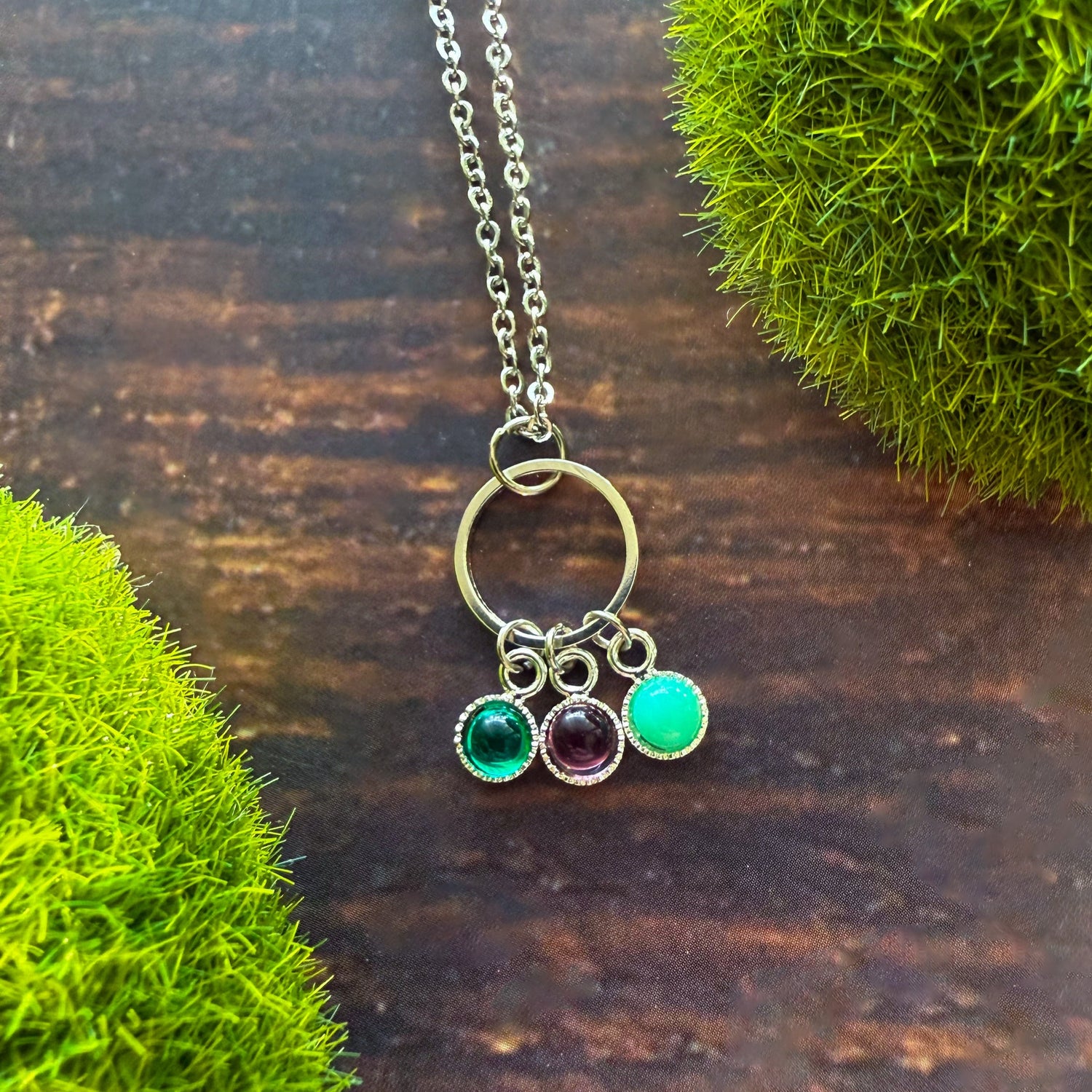
Anniversary of the Galilean Moons of Jupiter Discovery
Share
Over four hundred years ago on this day in 1610, the Italian astronomer Galileo Galilei first laid eyes on Jupiter's most famous (and largest) moons: Callisto, Europa, Io and Ganymede. At first, he thought they were just a group of stars in the general vicinity of Jupiter when looking through his impressive homemade telescope; however, after more in depth viewing over the next few weeks, he realized the objects appeared to move in a regular pattern and were actually orbiting the planet.

Since these objects were the first to be found orbiting a celestial body that was neither the Earth nor the Sun, Galileo's discovery supported the Copernican theory; which, at the time, was the radical notion that the Earth was not the center of the Universe with everything revolving around it. Not surprisingly, the Catholic Church deemed that Galileo's scientific discoveries and beliefs stunk of heresy, so he was kept under house arrest for the remainder of his life after attempting to explain his revelations to a handful of hardcore Ptolemaic loving cardinals.
As we know, this gang of groovy orbs are now referred to as the Galilean moons paying homage to the fella who spotted 'em and officially identified them as satellites. However, originally Galileo had named his discovery the Cosmica Sidera, or Cosimo's Stars. The present-day individual names, derived from the lovers of Zeus, were chosen by Simon Marius, a German astronomer who discovered the moons independently around the same time as Galileo.
Fun Fact: Today, Jupiter has 79 confirmed moons; however, the remaining 75 moons (and rings) comprise just 0.003% of the total orbiting mass. Ganymede is the heavyweight moon champ of the Solar System, and is even bigger than the planet Mercury!
We go ga-ga over the Galilean moons here at Yugen, which is why we continue to expand the options featuring these cosmic superstars.
Check out our new Galilean Moon Jewelry that just hit the shop TODAY! You can grab the earrings and necklace individually, or save $10 when you buy the set!
Thank you Galileo! We greatly appreciate your remarkable contributions to the scientific community – cheers!
xo
B
B







